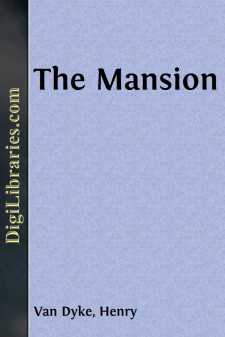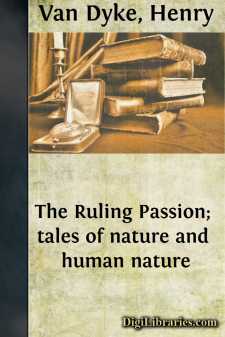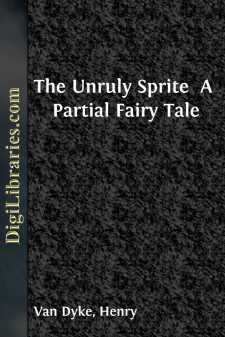Categories
- Antiques & Collectibles 13
- Architecture 36
- Art 48
- Bibles 22
- Biography & Autobiography 815
- Body, Mind & Spirit 144
- Business & Economics 28
- Children's Books 18
- Children's Fiction 14
- Computers 4
- Cooking 94
- Crafts & Hobbies 4
- Drama 346
- Education 58
- Family & Relationships 59
- Fiction 11835
- Games 19
- Gardening 17
- Health & Fitness 34
- History 1378
- House & Home 1
- Humor 147
- Juvenile Fiction 1873
- Juvenile Nonfiction 202
- Language Arts & Disciplines 89
- Law 16
- Literary Collections 686
- Literary Criticism 179
- Mathematics 13
- Medical 41
- Music 40
- Nature 180
- Non-Classifiable 1768
- Performing Arts 7
- Periodicals 1453
- Philosophy 65
- Photography 2
- Poetry 896
- Political Science 203
- Psychology 44
- Reference 154
- Religion 515
- Science 126
- Self-Help 85
- Social Science 83
- Sports & Recreation 34
- Study Aids 3
- Technology & Engineering 60
- Transportation 23
- Travel 463
- True Crime 29
Our website is made possible by displaying online advertisements to our visitors.
Please consider supporting us by disabling your ad blocker.
The Mansion
by: Henry Van Dyke
Categories:
Description:
Excerpt
There was an air of calm and reserved opulence about the Weightman mansion that spoke not of money squandered, but of wealth prudently applied. Standing on a corner of the Avenue no longer fashionable for residence, it looked upon the swelling tide of business with an expression of complacency and half-disdain.
The house was not beautiful. There was nothing in its straight front of chocolate-colored stone, its heavy cornices, its broad, staring windows of plate glass, its carved and bronze-bedecked mahogany doors at the top of the wide stoop, to charm the eye or fascinate the imagination. But it was eminently respectable, and in its way imposing. It seemed to say that the glittering shops of the jewelers, the milliners, the confectioners, the florists, the picture-dealers, the furriers, the makers of rare and costly antiquities, retail traders in luxuries of life, were beneath the notice of a house that had its foundations in the high finance, and was built literally and figuratively in the shadow of St. Petronius' Church.
At the same time there was something self-pleased and congratulatory in the way in which the mansion held its own amid the changing neighborhood. It almost seemed to be lifted up a little, among the tall buildings near at hand, as if it felt the rising value of the land on which it stood.
John Weightman was like the house into which he had built himself thirty years ago, and in which his ideals and ambitions were incrusted. He was a self-made man. But in making himself he had chosen a highly esteemed pattern and worked according to the approved rules. There was nothing irregular, questionable, flamboyant about him.
He was solid, correct, and justly successful.
His minor tastes, of course, had been carefully kept up to date.
At the proper time, pictures of the Barbizon masters, old English plate and portraits, bronzes by Barye and marbles by Rodin, Persian carpets and Chinese porcelains, had been introduced to the mansion. It contained a Louis Quinze reception-room, an Empire drawing-room, a Jacobean dining-room, and various apartments dimly reminiscent of the styles of furniture affected by deceased monarchs. That the hallways were too short for the historic perspective did not make much difference. American decorative art is capable de tout, it absorbs all periods. Of each period Mr. Weightman wished to have something of the best. He understood its value, present as a certificate, and prospective as an investment.
It was only in the architecture of his town house that he remained conservative, immovable, one might almost say Early-Victorian-Christian. His country house at Dulwich-on-the-Sound was a palace of the Italian Renaissance. But in town he adhered to an architecture which had moral associations, the Nineteenth-Century-Brownstone epoch. It was a symbol of his social position, his religious doctrine, and even, in a way, of his business creed.
"A man of fixed principles," he would say, "should express them in the looks of his house. New York changes its domestic architecture too rapidly. It is like divorce. It is not dignified. I don't like it. Extravagance and fickleness are advertised in most of these new houses. I wish to be known for different qualities. Dignity and prudence are the things that people trust. Every one knows that I can afford to live in the house that suits me....












